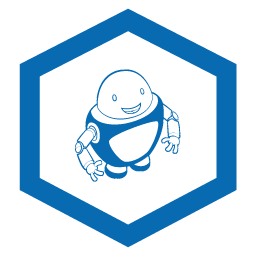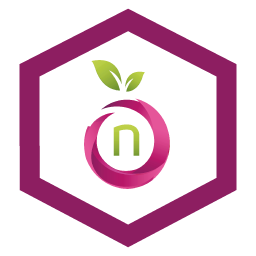The (object) name says it all
In contrast to objects, things or things, every person has a name. This makes them personally recognizable and gives them their own unmistakable identity. This is exactly what people do with objects that have become dear to them and accompany them through their everyday lives like a personal friend. The rickety old car, the futuristic refrigerator or the hard-working vacuum cleaner? All things with a (personal) name are given a personal, individual touch.
Companies that give their products or services – and themselves – distinctive names make use of the same effect: Names that people remember and that evoke positive associations. Customers associate certain names with certain characteristics. Once a name has stuck in people's minds and is associated with good taste or quality, for example, then you've made it: the name speaks for itself. Even if another company offers exactly the same product or only slightly modified, customers prefer the original. Coca-Cola and Nutella are famous brand name examples of this.
Even if studies prove that other products in the same market are better or offer the same quality at a lower price, it takes a very long time for a name that has been "remembered" once and to which one has built up an emotional bond to be displaced. Breakfast without Nutella? Hardly imaginable for fans, even if there are now many nut creams that are just as good or even better in terms of their origin and the ingredients used. Once the name for the object says it all, it stays that way – for a very long time.

Properties for proper names
So how do you create such individual names that remain in the memory – and stay there as long as possible? Special properties that characterize a product are a good hook for naming products. These properties and special features can be turned into a creative name that adds an artistic ending to a property or combines it with another word. The important thing is to create an individual, personal name that stands out from the competition.
If a product has features that clearly distinguish it from competitors, finding a name seems comparatively easy. However, it is often the case that there are a lot of similar products among which one wants to stand out. If the selection of products is very large, it takes a little more than just one characteristic to come up with a suitable name. Creative fantasy names or associative, figurative names are one way to create your own personal name.
One can even go so far as to invent special properties. A famous example of creating a characteristic that is not one is the Piedmont cherry, which is supposedly in every Mon Cherí. But THE cherry from Piedmont, a region in Italy, definitely does not exist. The cherries come from all sorts of countries, including Germany. But the term "Piedmont cherry" has stuck in people's minds thanks to Ferrero's long-running advertising campaign, and now stands for the quality of the cherries in the praline, no matter what region it comes from. Clever!
The more choice, the more exceptional
Relying purely on features or the product's area of application is all the more difficult the greater the selection of competitors already is. In the e-bike sector, for example, there are numerous different e-bike models with different features for different purposes. Riese & Müller once called its cargo bike "Load" - so the name immediately gives away what the customer can expect. But what to do if you are the second or third supplier to launch a cargo bike in the e-bike sector? There the pure purpose helps only little and one must become already somewhat more creative with the name finding.
So why not think of the names you give your household items and use a personal first name as the product name? The emotional attachment to Henry or Bruno is already pre-programmed. The best-known example of this is probably the Billy shelf from IKEA. You can also invent first names to generate unique and unusual product names. The main thing is that the name remains in the memory and gives the product its own personal identity.
What products, objects or things have you given special names - perhaps even a first name? Let us know!















